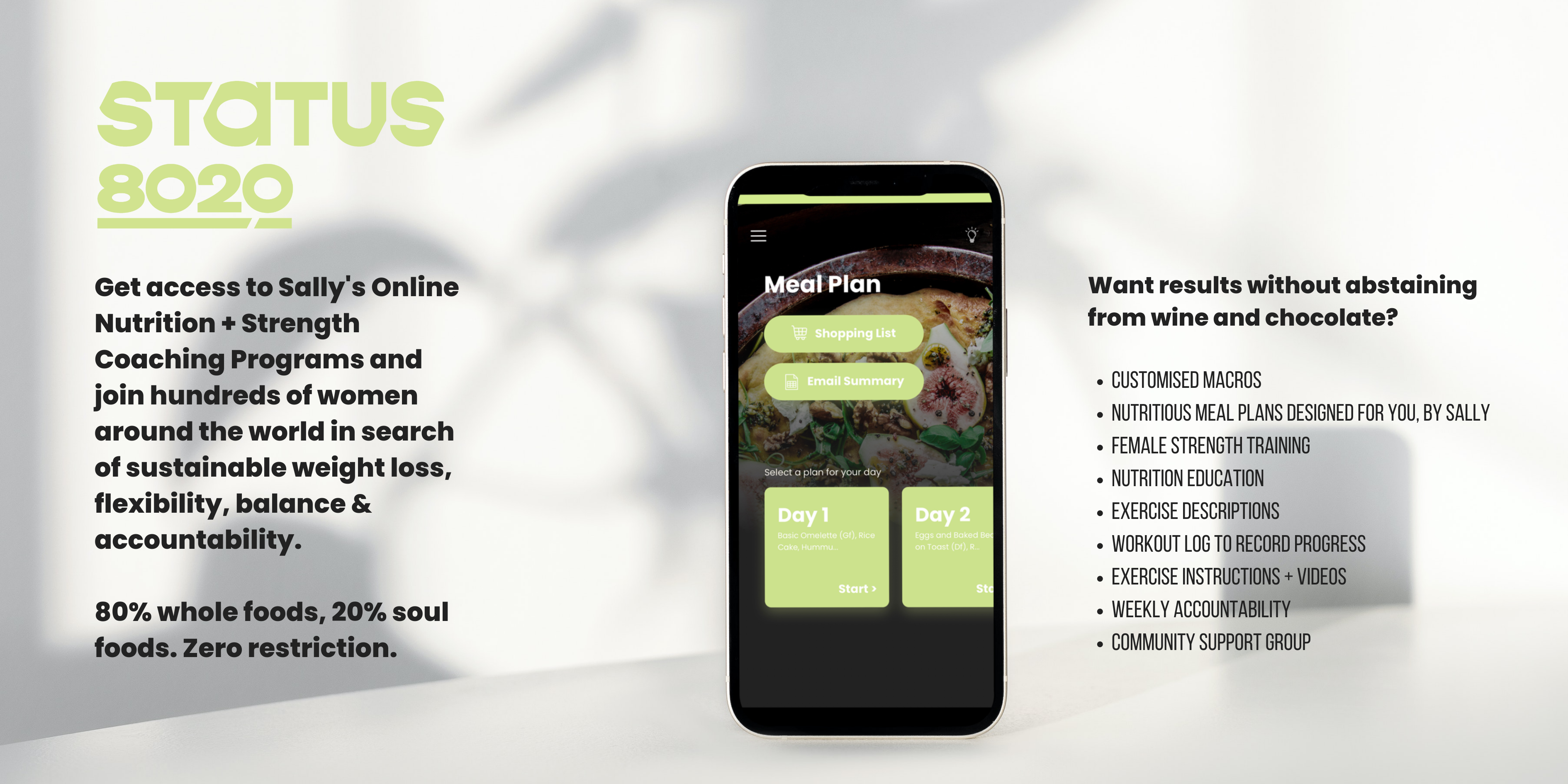Improving our gut health is on the lips of every health foodie right now. You can’t go into a bar in Sydney now without being offered a ‘healthy’ Kombucha Cocktail. But what is good gut healthy really all about? And how do we make better meal choices to support a healthy digestive system? I promise kimchi and kraut aren’t the only ways to go. Let’s take it back to basics.

There is much new research and science looking at the gut as a ‘second brain’ in our bodies. That is because it forms the Enteric Nervous System (or ENS) that can act independently of the brain and spinal cord to perform vital bodily functions. It can make independent decisions on secretions, local blood flow and muscle movements of the GI tract. The ENS is made up of millions of neurons that keep the colon moving. Gut bacteria can also impact hormone production, which can impact our mood and susceptibility to depression. It makes sense then, that there is a big focus on how we nourish that system to perform at its best.
For a healthy gut, consuming both pre and probiotic foods is a great place to start. Prebiotics serve as the food for the bacteria in your gut, whereas probiotics are the live micoorganisms (bacteria or yeast) that live in your microbiome. Naturally found in food, prebiotics are not broken down or absorbed by the GI tract.
READ NEXT: 5 FOODS THAT CAN ACTUALLY HELP YOU SLEEP
Where to get your Prebiotics:
Whole grains - experts at feeding your careful balance of bodily bacteria. They’re packed with prebiotics - insoluble fibres that stimulate the growth of ‘good’ bacteria
Fruits + Vegetables – also packed with that all-important fibre. Onions, leeks, broccoli, cabbage, chia seeds, bananas, blueberries, tomatoes and asparagus are some of the major superstars in the prebiotic category.
Where to get your Probiotics:
This is where the popular cultured and fermented foods get the spotlight. Some of my favourites are listed below:
- Yoghurt + Kefir
- Pickles
- Sourdough
- Miso
Other factors affecting your gut health:
Avoid undoing your hard work and maintain a healthy balance of good bacteria by knowing other factors that affect bacteria production and growth:
- Antibiotics
- Sugar
- Processed foods
- Being ‘too clean’
- Stress
- Lack of Sleep
- Aerobic workouts

Want to give your gut a helping hand? Here’s an example of a simple gut-friendly diet.
Breakfast:
Plain Greek yoghurt with ½ cup high-fibre cereal and ½ cup blueberries.
Lunch:
Wholegrain Sourdough with poached eggs and avocado.
Dinner:
Miso soup with pan-seared salmon, steamed broccoli and lemon.
Snack ideas:
Apple + cinnamon + almond butter
Kimchi + brown rice crackers
Small baked sweet potato with ghee
Banana + tahini + nutmeg
Kefir + berries
Know that you can have too much of a good thing. Overdoing it on pre and probiotics can lead to digestive upset, so remember to eat everything in moderation a listen to your body!


Thanks for sharing this gut-friendly diet! I tried the recipes for breakfast, lunch and dinner and the snack ideas were great! Can’t wait to try your other recipes!
Thank you darling!! Hope you’re loving the blog xx
As im a foodie, im very glad to for this blog.